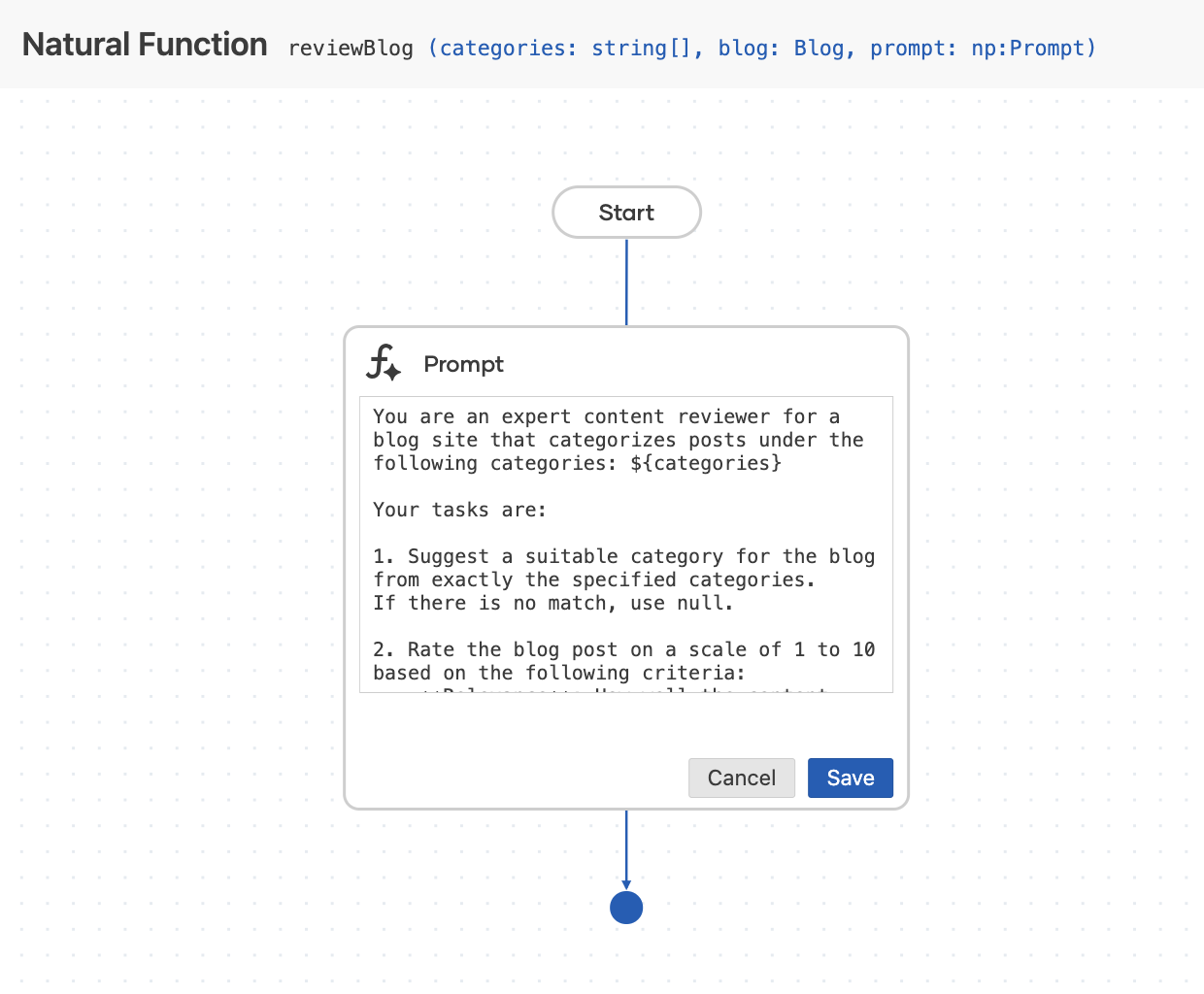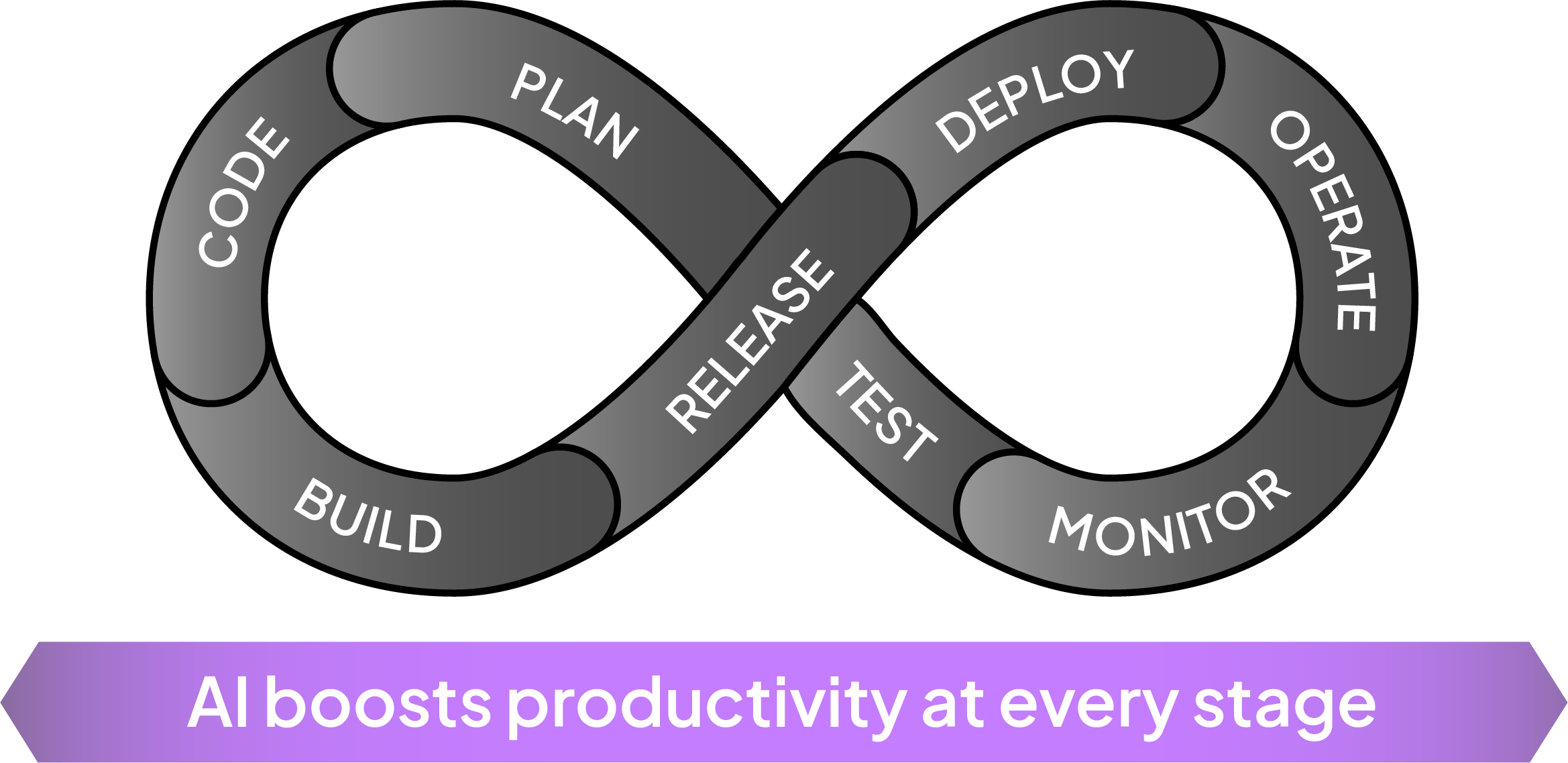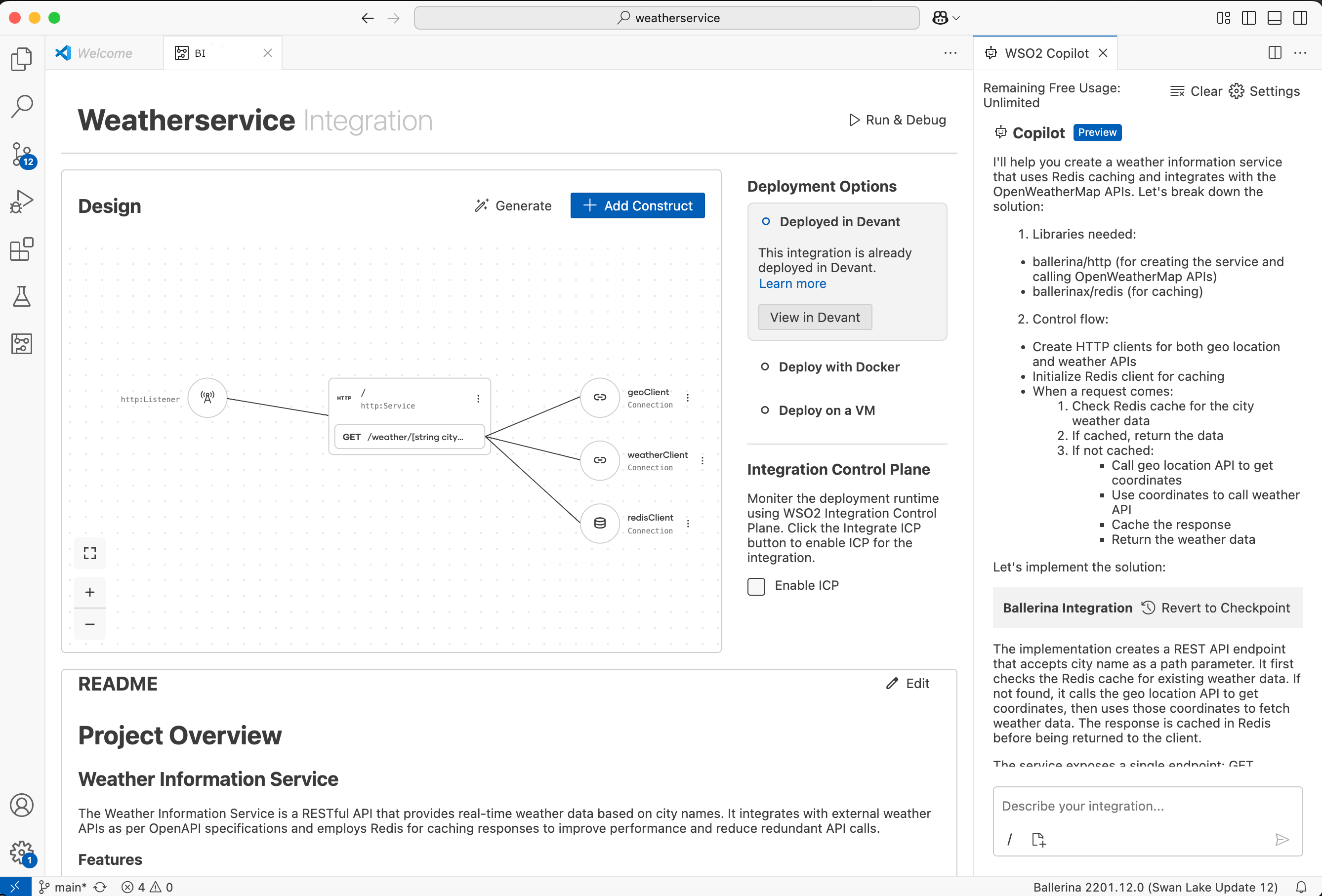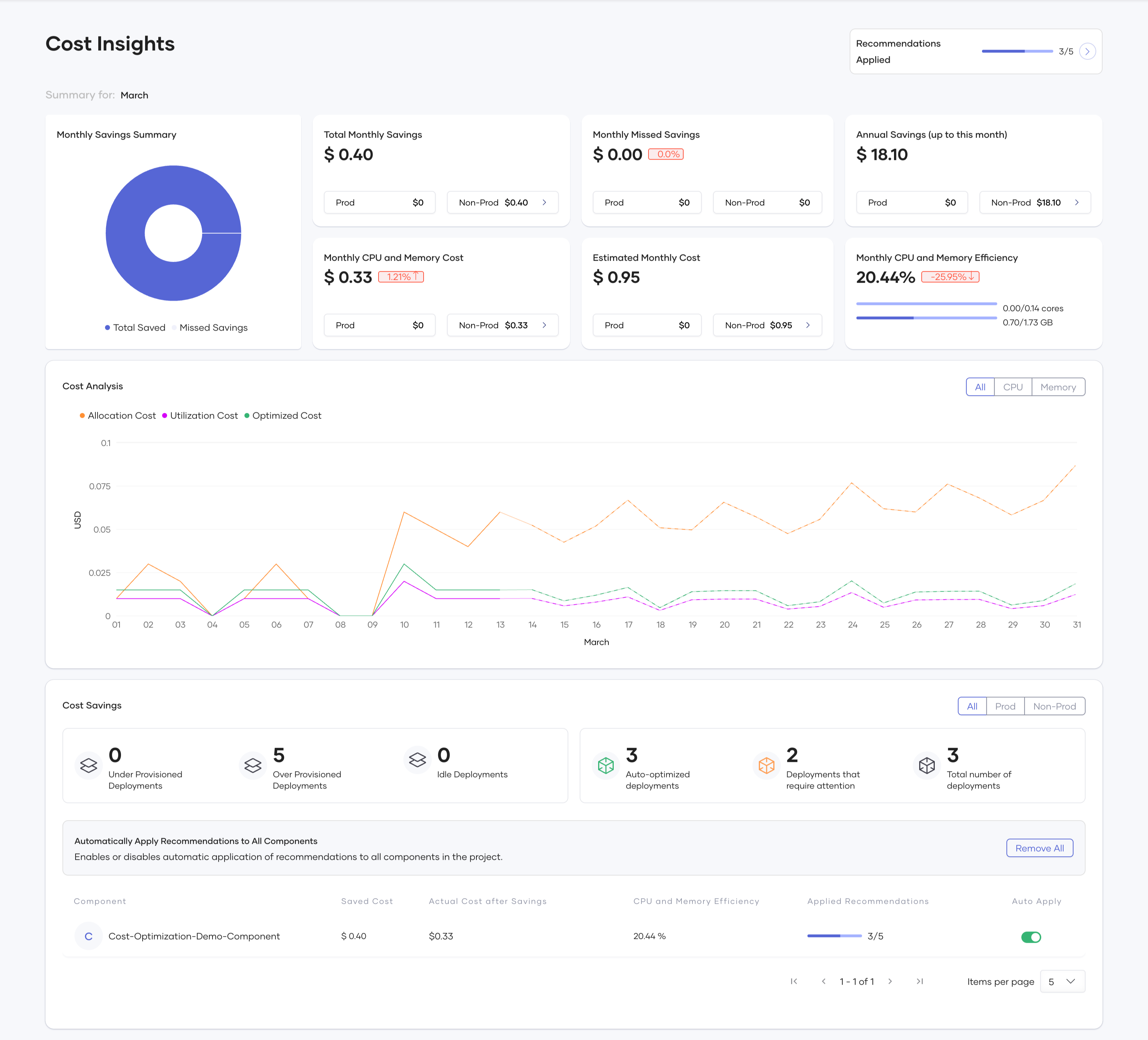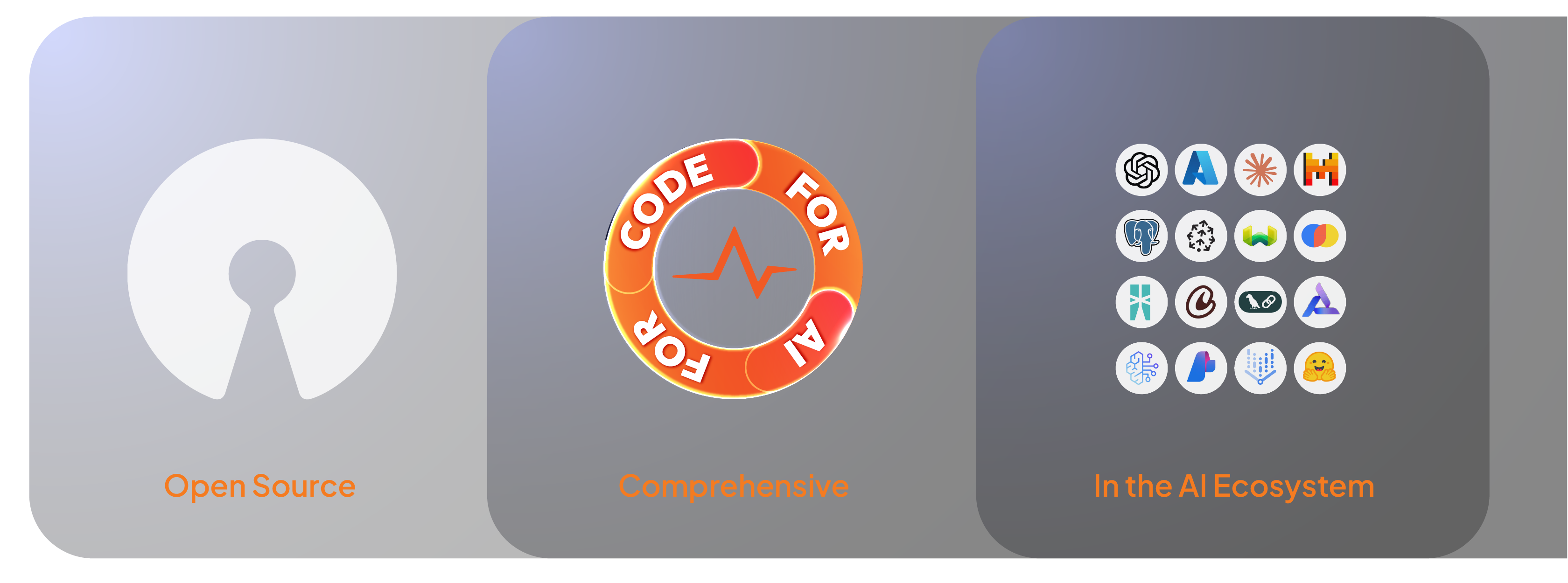Build enterprise-grade AI applications
Build, deploy, secure and scale AI-native applications that fit seamlessly into your software architecture. From simply integrating LLM calls to building autonomous agents, WSO2 products have you covered.
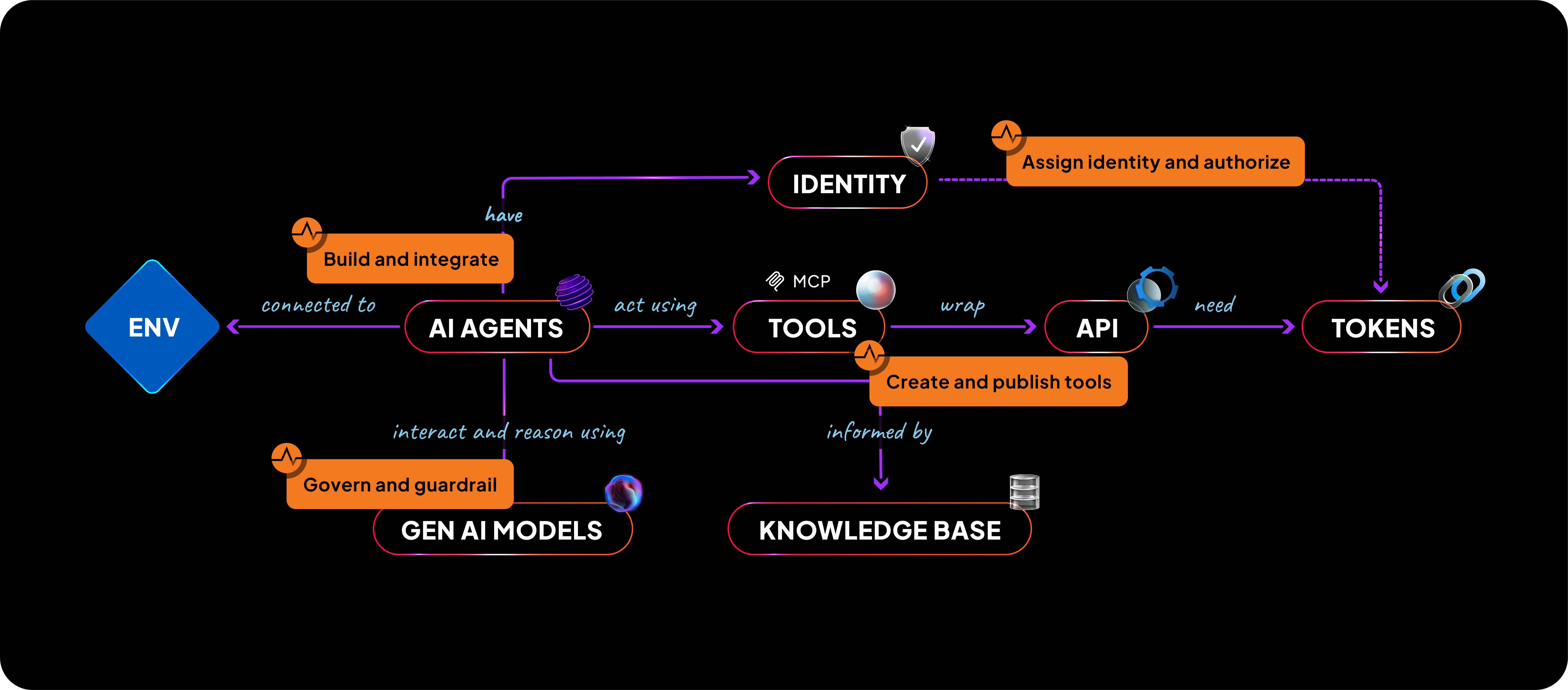
Build and integrate GenAI models and RAGs
Build AI agents and applications that integrate anything, from existing systems to AI models to knowledge bases.
Use pro-code or our low-code visual builder without hitting roadblocks no matter the complexity of your project.
Choose your preferred models, providers, and knowledge base technologies without being locked in.
Integration for AICreate, publish,and secure tools with MCP
Expose your APIs as tools for AI agents using the Model Context Protocol (MCP) and publish MCP servers in the MCP Hub, enabling effortless discovery and interaction within agent workflows.
API Management for AIJust like for APIs, Manage access to MCP servers by registering them as secured resources, defining permissions, and applying access controls such as RBAC.
Agent ID
Deploy and scale
Deploy and scale GenAI apps, AI agents, MCP servers, and vector databases in the tech of your choosing - whether you built it with your products or using your favorite framework
IDP for AI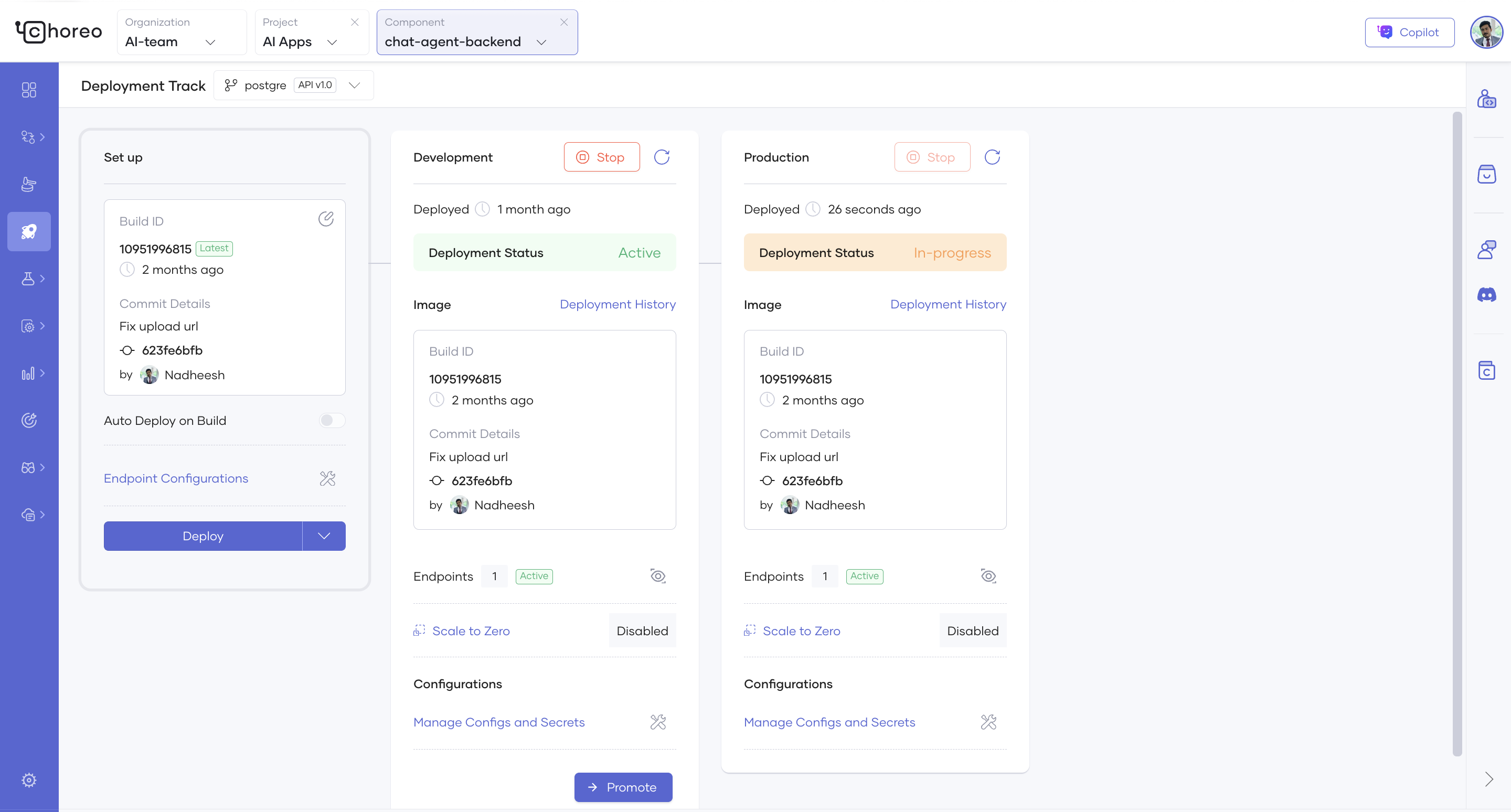
Assign identity, authenticate and authorize agents
AI agents are increasingly embedded in business operations, handling automation, data analysis, and decision-making. As their capabilities expand, securing their access to critical systems and data is crucial.
As AI agents gain more autonomy, they require a new class of identity that provides them with distinct credentials, roles, and permissions.
AI agents often act on behalf of human users, requiring them to inherit permissions and roles through strict delegation policies and consent.
Agent ID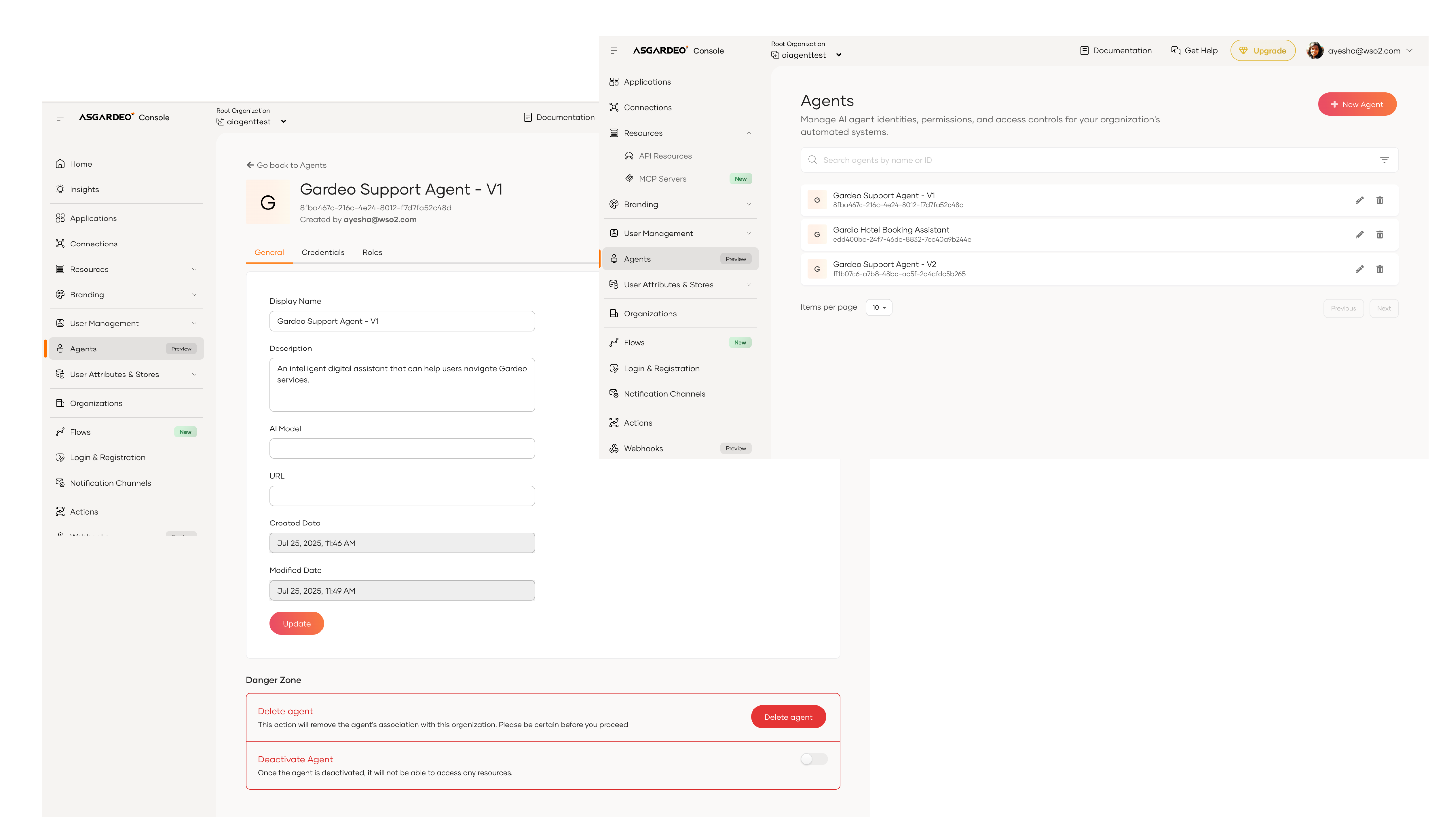
Govern and guardrail GenAI interactions
Use a unified interface to integrate and manage generative AI APIs across multiple providers.
Implement AI-aware quality of service (QoS) controls to ensure efficient, reliable, and scalable AI service delivery to application developers.
Place guardrails and policies around all your generative AI interactions.
APIM for AI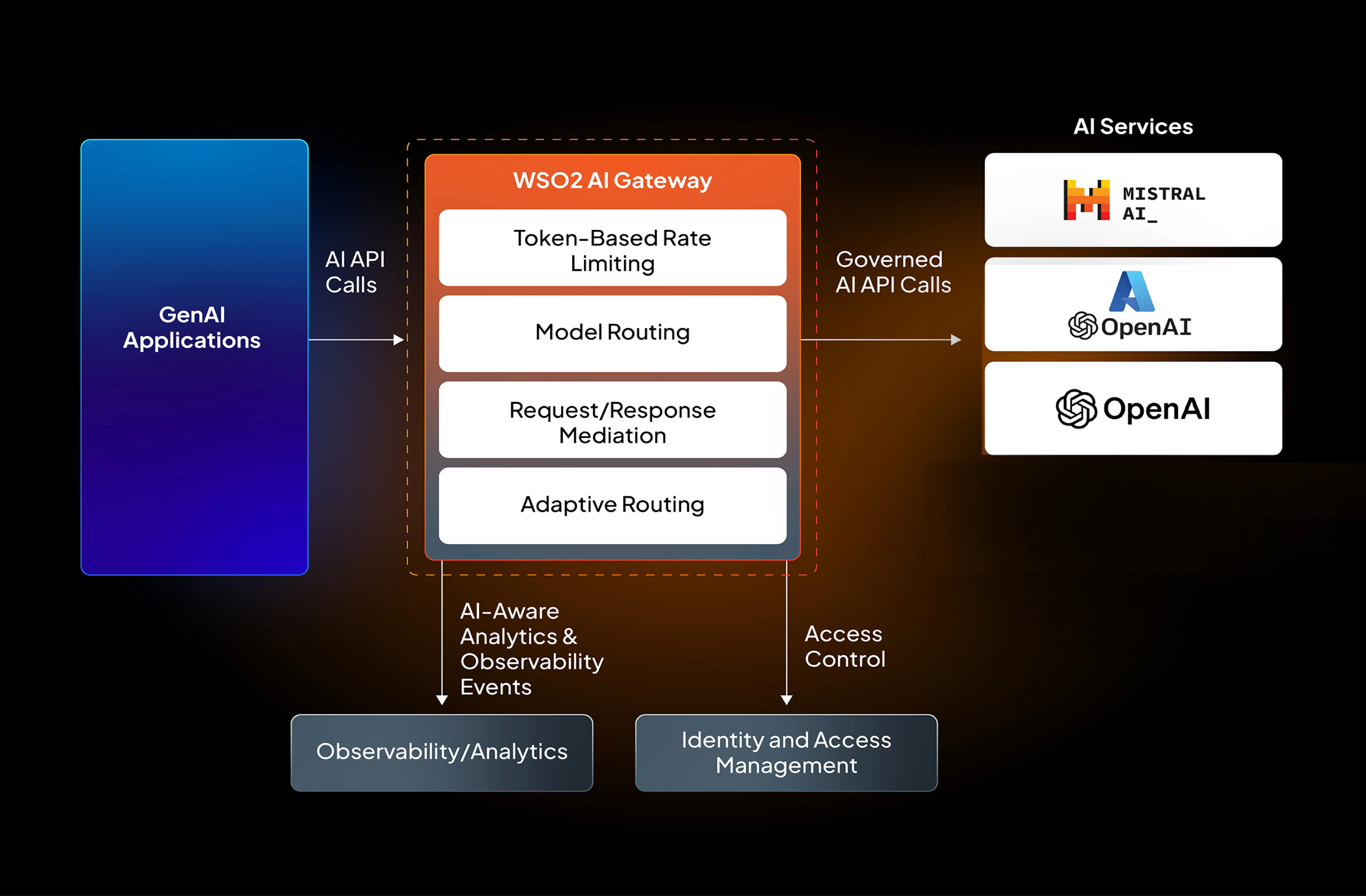
Interleave natural language in code
Interleave natural language and programming language with natural functions. Natural functions contain blocks of natural language instructions that are executed at runtime with the help of a generative AI model.
Read the blog